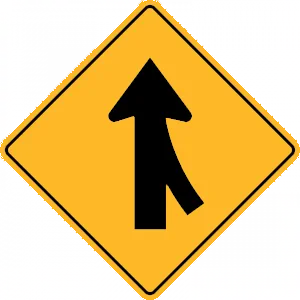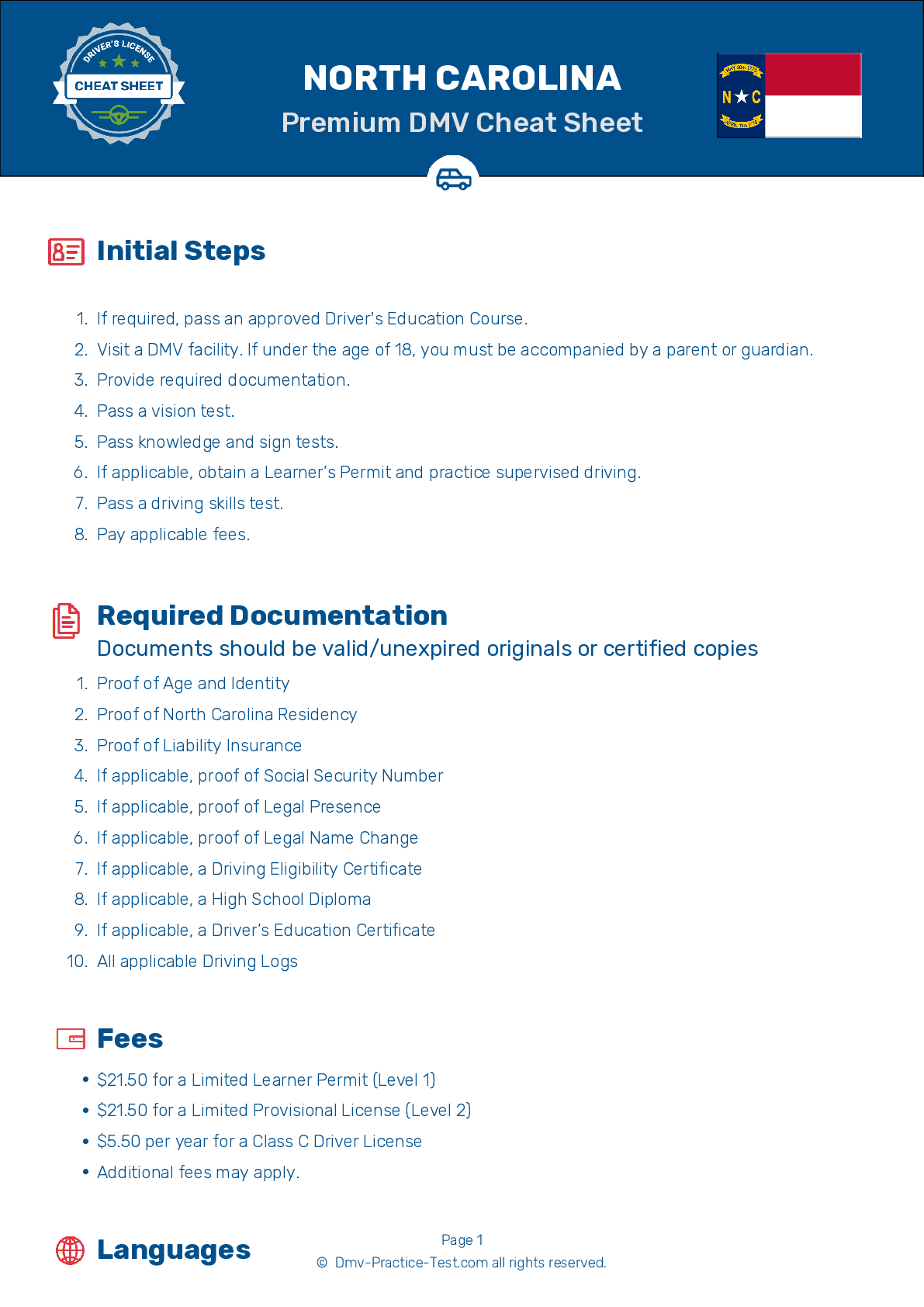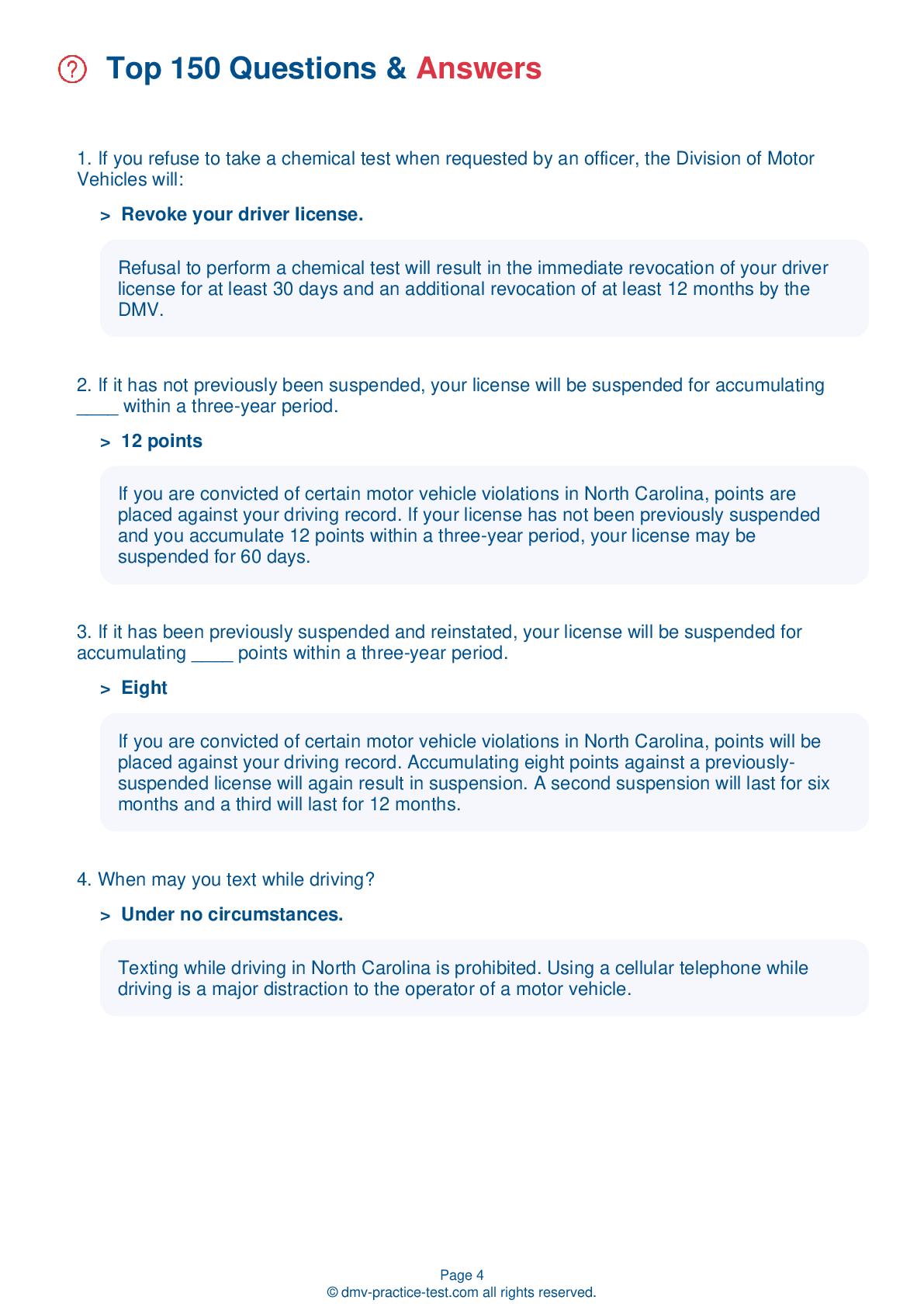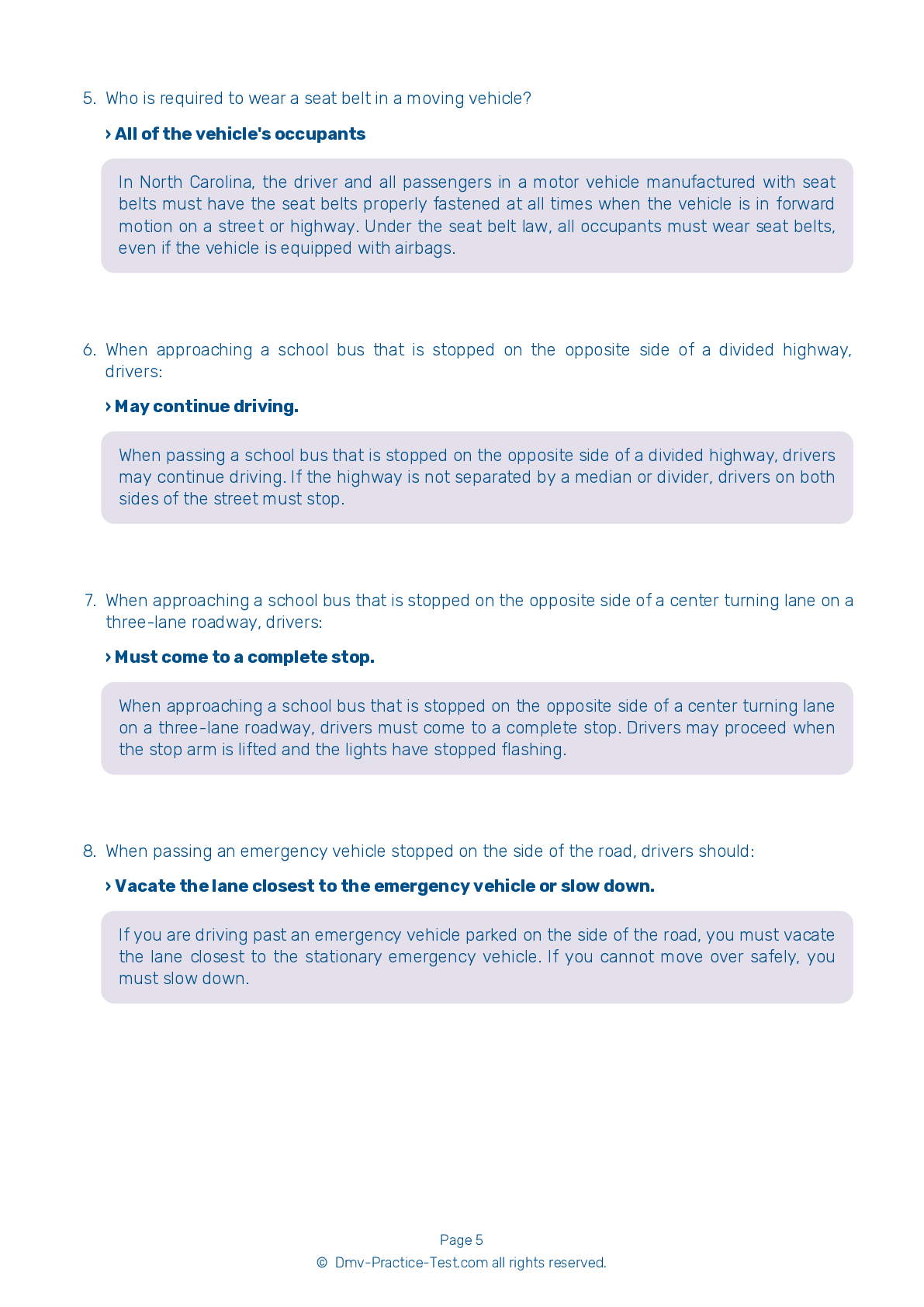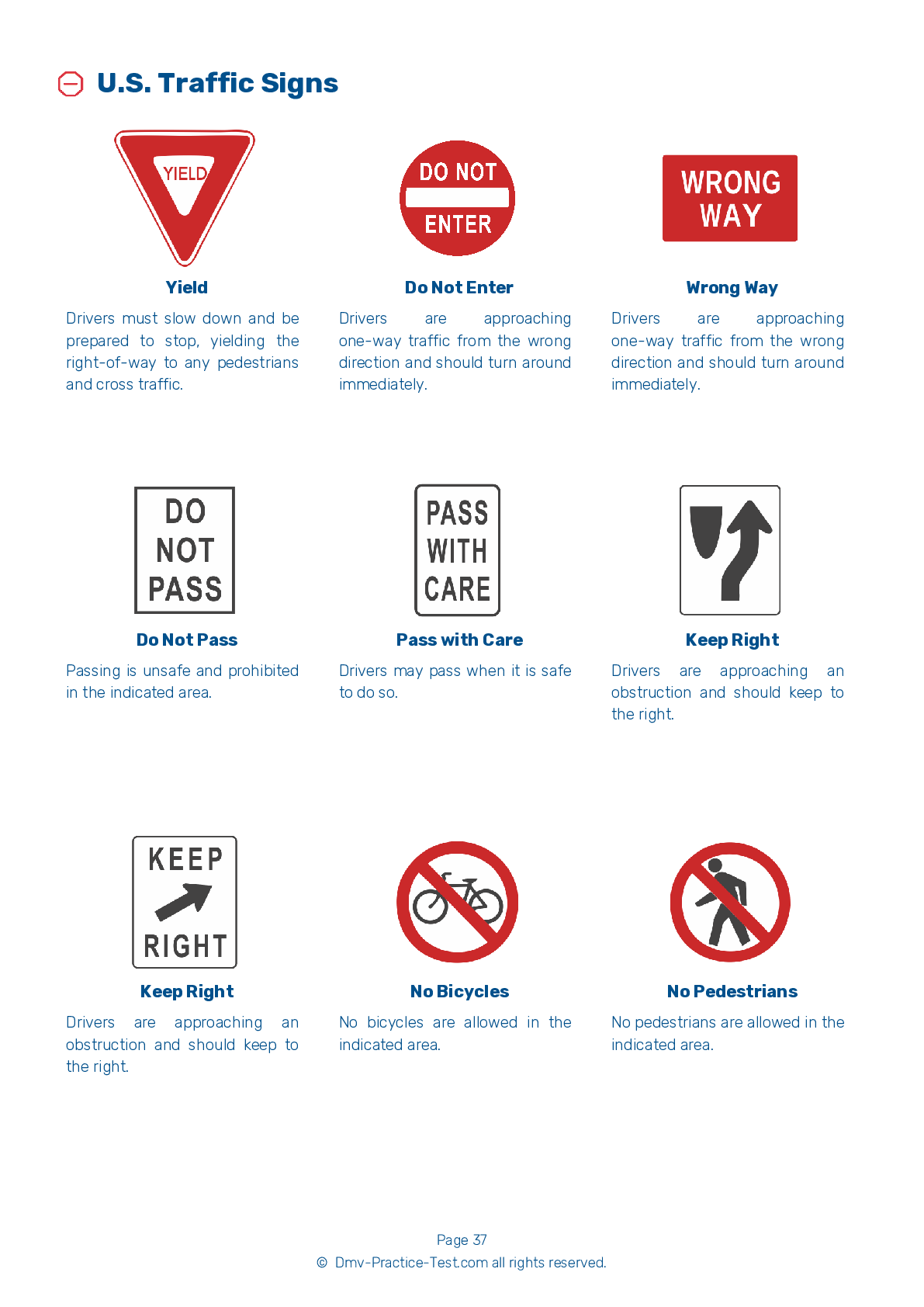FREE North Carolina DMV Practice Test #17 Page 3 of 5
The DMV practise exams in North Carolina have been updated for January 2026. It includes questions based on the most important traffic signals and legislation in the North Carolina Driver Handbook for 2026. To study for the DMV driving permit test and driver's licence exam, use actual questions that are very similar (often identical!) to the DMV driving permit test and driver's licence exam.
Each question on the practise exam has a tip and explanation to help you recall the ideas. Questions about traffic rules, traffic signs, and driving statutes, as well as knowledge from the Driver Handbook, will be included in the written portion of the official North Carolina DMV test.
You must properly answer 32 of the 37 questions to receive a passing mark. To help you prepare for your instruction permit or driver's licence, take this practise test from the North Carolina Department of Motor Vehicles.
The DMV exam is offered in a variety of languages.
Using any form of testing help will result in an automatic fail, and the DMV may take further action against your driver's licence, so avoid it.
18 . Your first response to reduced visibility should be:
Reducing your speed should be your first response to decreased visibility and dangerous road conditions.
19 . To avoid being in a truck or bus driver’s blind spot, you should:
Because a large vehicle, such as a truck or bus, has large blind spots to its sides and rear, avoid driving alongside such a vehicle and do not tailgate one.
20 . When turning or changing lanes, you must:
Always signal your intentions when changing lanes, turning, or pulling away from a curb. Do not allow yourself to become lazy and form the bad habit of not following this law.
21 . When you are being tailgated:
If you are being tailgated by another driver and there is a right lane, move over to the right. If there is no right lane, wait until the road ahead is clear and then reduce your speed slowly. This will encourage the tailgater to drive around you. Never slow down abruptly as this will only increase the risk of your vehicle being hit from behind.
22 . This sign means:
